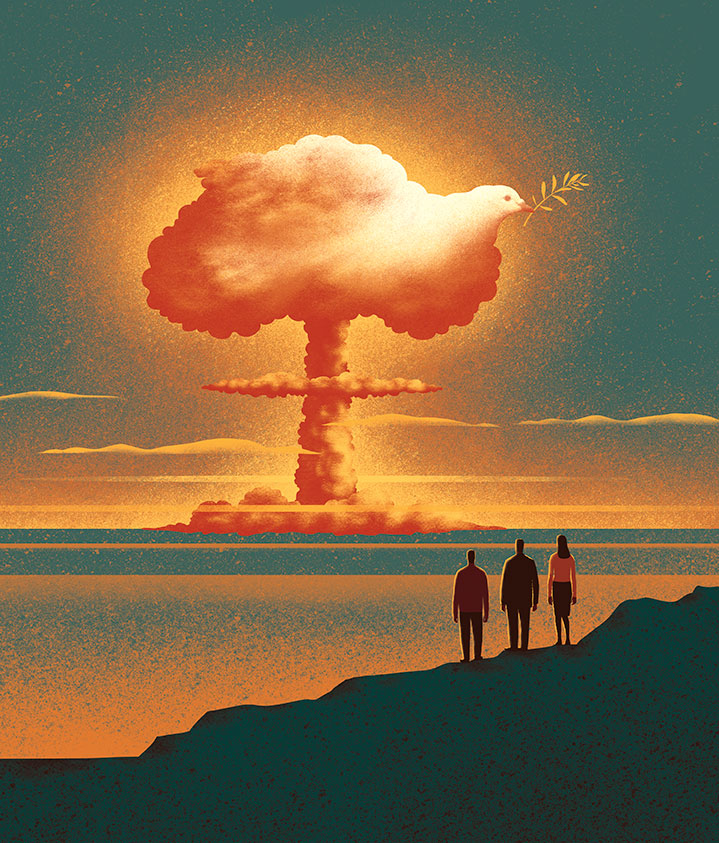Throughout my life, I have discovered that the Enlightenment and Romantic Periods introduced new ideas and perspectives that are applicable today. I believe that life should be approached with a scientific mind but an emotional heart. Only obeying one can lead to disasters. One should question everything about life but also accept that humans aren’t simply machines. We are complex with emotions and feelings that allow us to experience life in new ways. But sometimes emotions can get in the way of communicating with one another which is where the Enlightenment view comes in. On top of allowing us to answer questions about the world around us. It allows us to resolve conflict without bias. Society requires us to use both the Enlightenment and Romantic views to better our society.
History is built on the stones of those before us. While that statement is cliche, it is true. The Enlightenment allowed to answer questions about the world around us in an unbiased manner. The Romantic era has influenced art and writing styles even to this day. While we might not agree with everything that these eras brought, they still impact our world to this day. America is not just a jumble of cultures but also a mix of ideas brought about by our ancestors. As we have distanced ourselves from these ideas it is our job to take what made them great and incorporate them into our lives today.
One of the most important takeaways from this class is that our aesthetic experiences make us human. As most of us are STEM majors, we tend to focus more on the scientific aspects of life, questioning everything. Sometimes, we need to learn to appreciate beauty just for itself. While throwing out statistics about how much oxygen plankton shows people how much we need the ocean, one of the most influential ways to save the ocean is just by sharing its beauty and explain how we are losing it. Not knowing the answers to some questions and appreciating wonder allows us to experience life in a whole new way.



